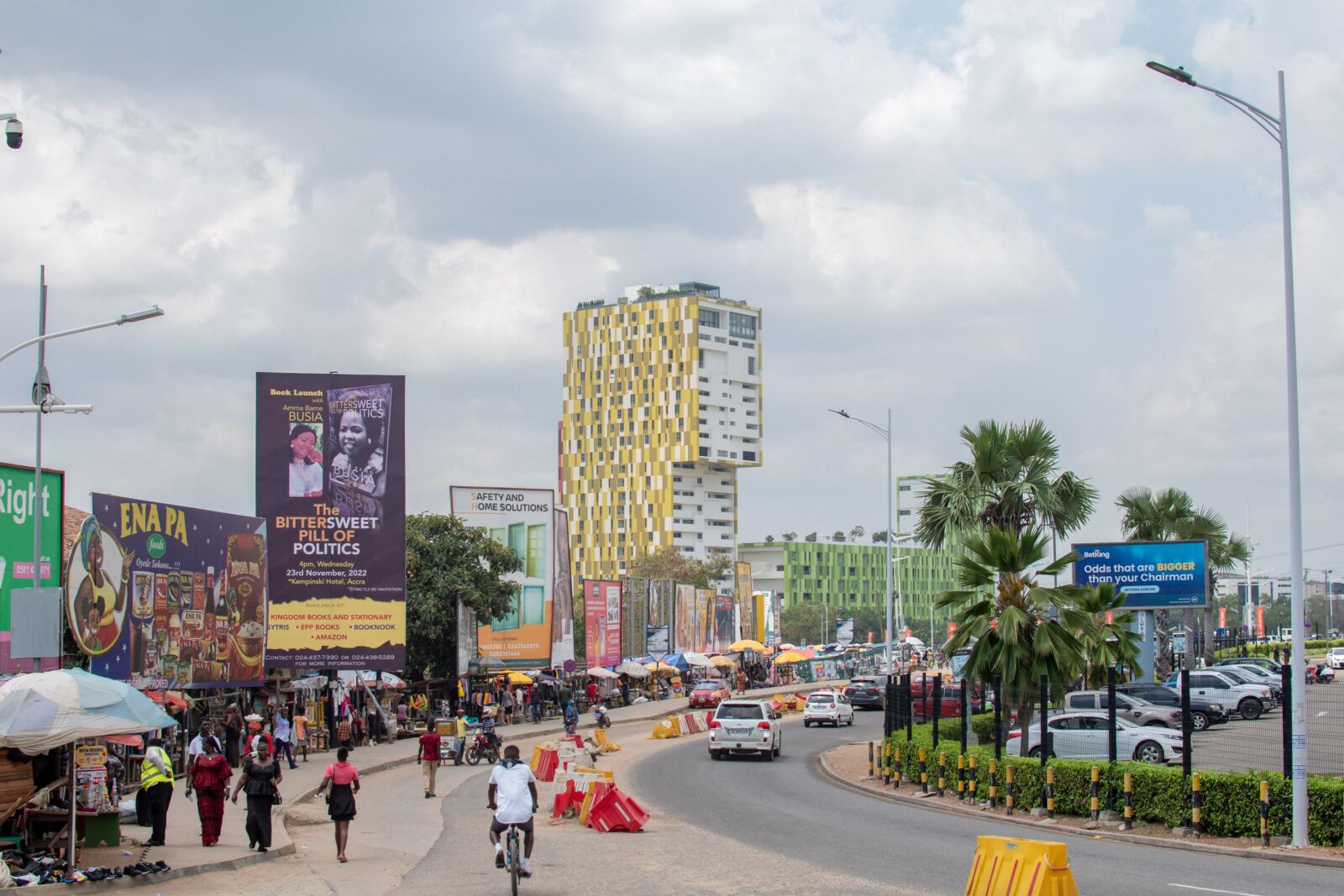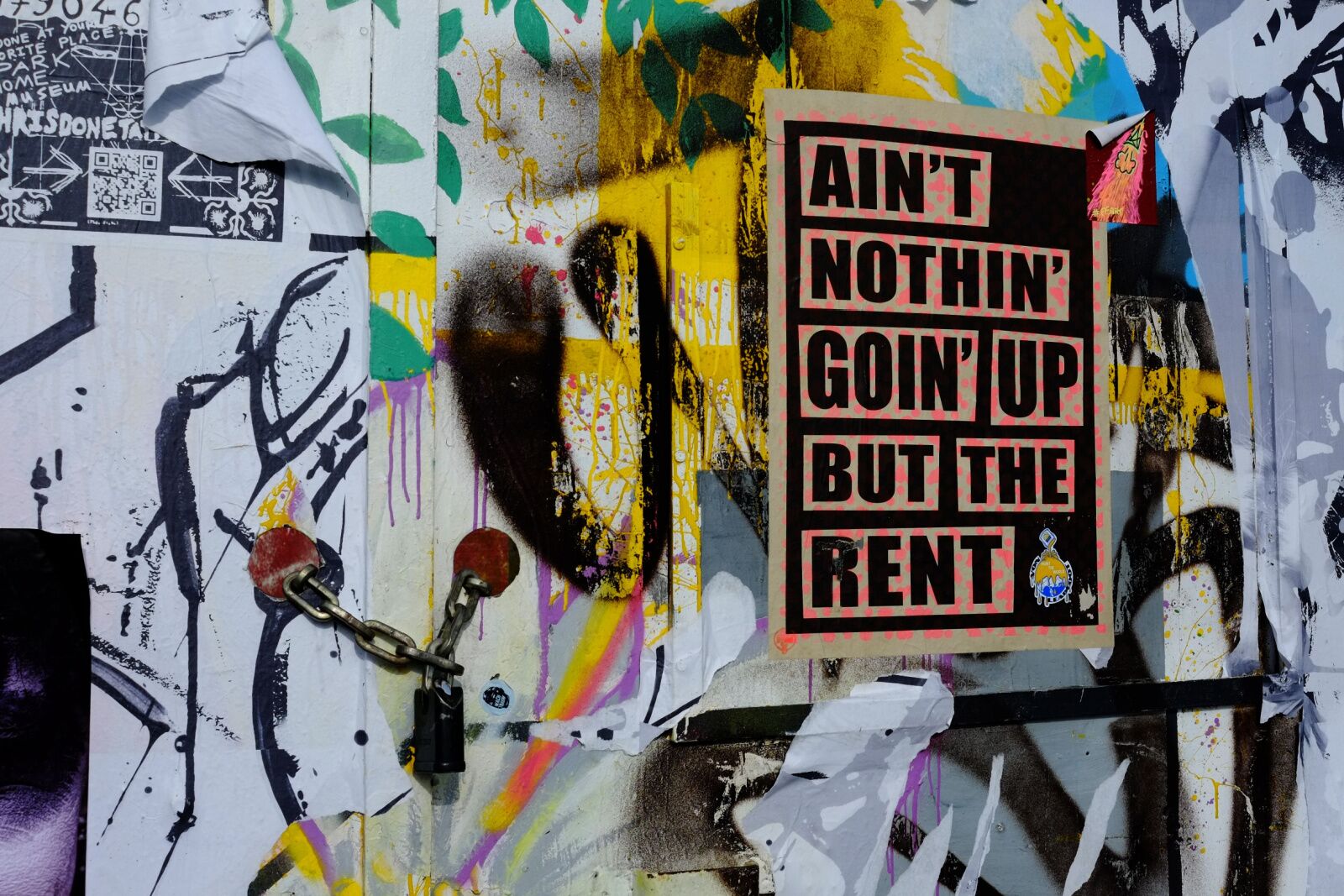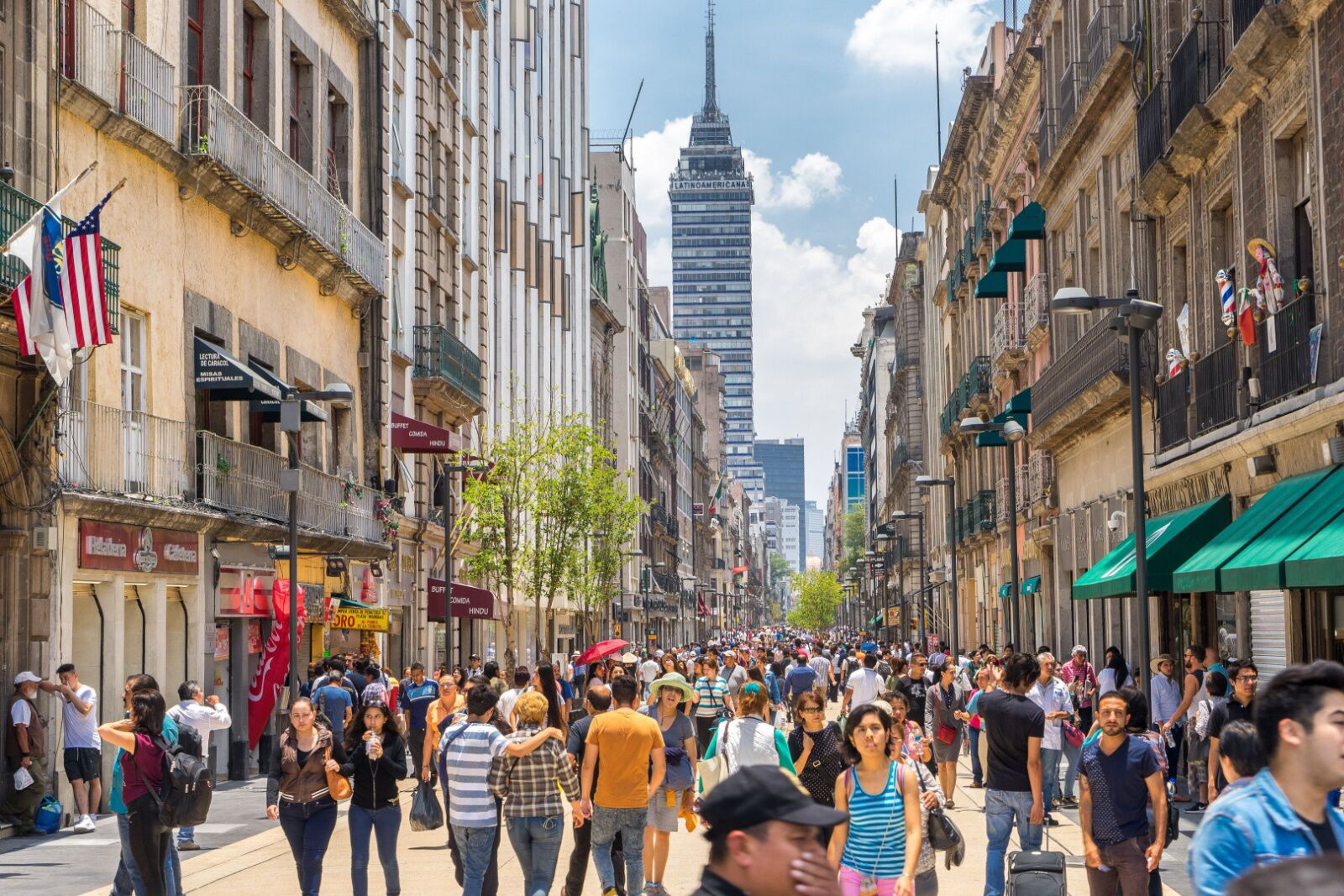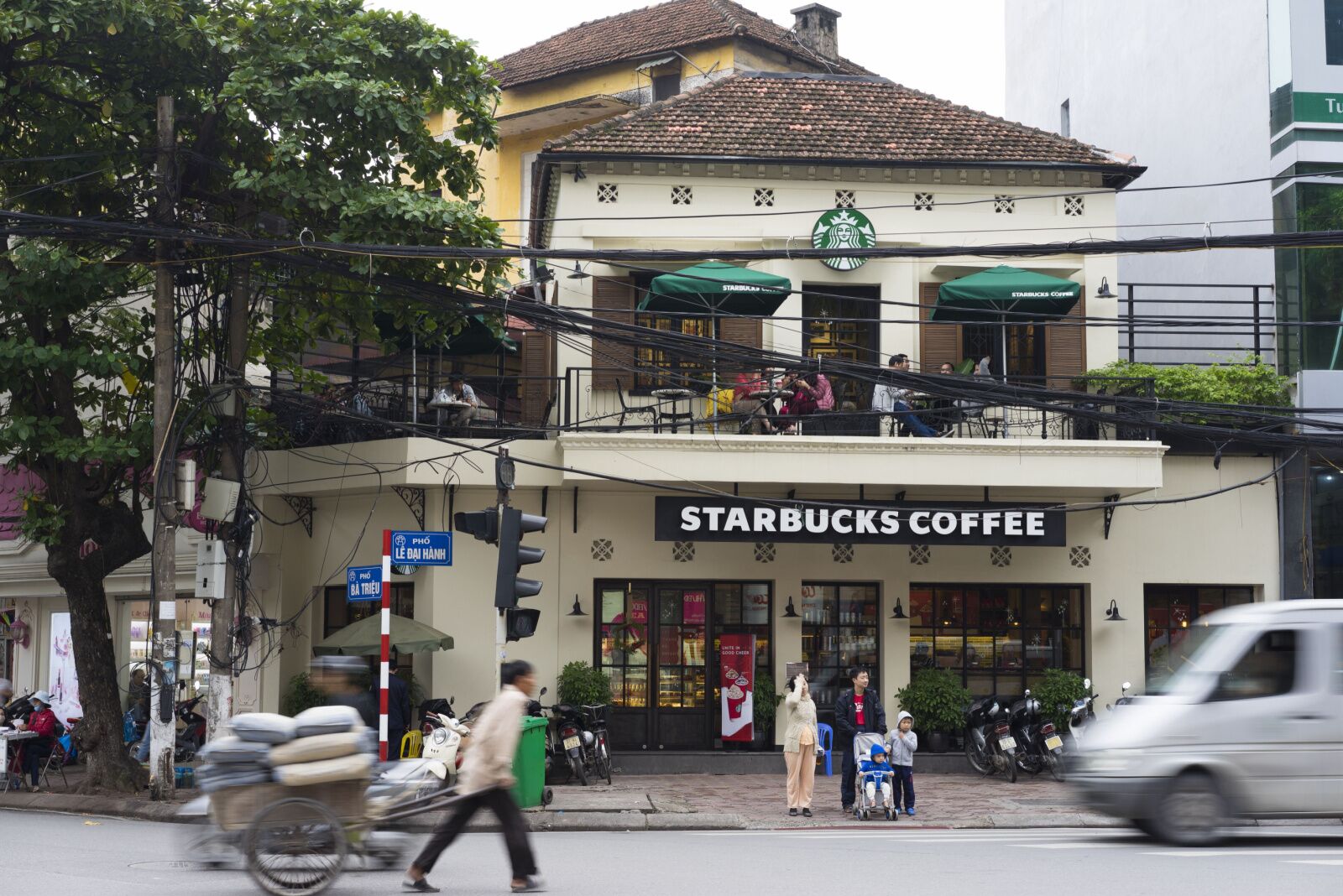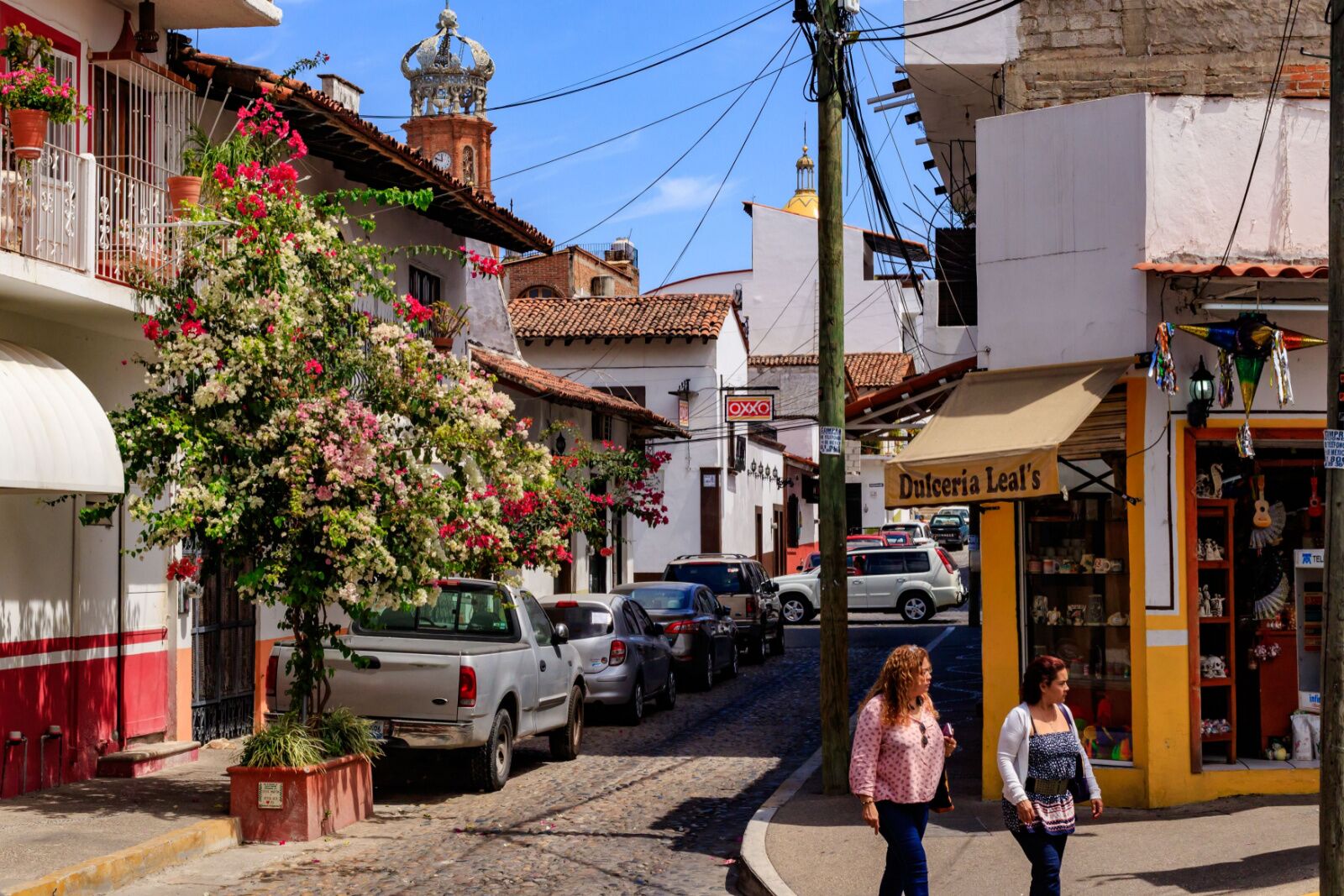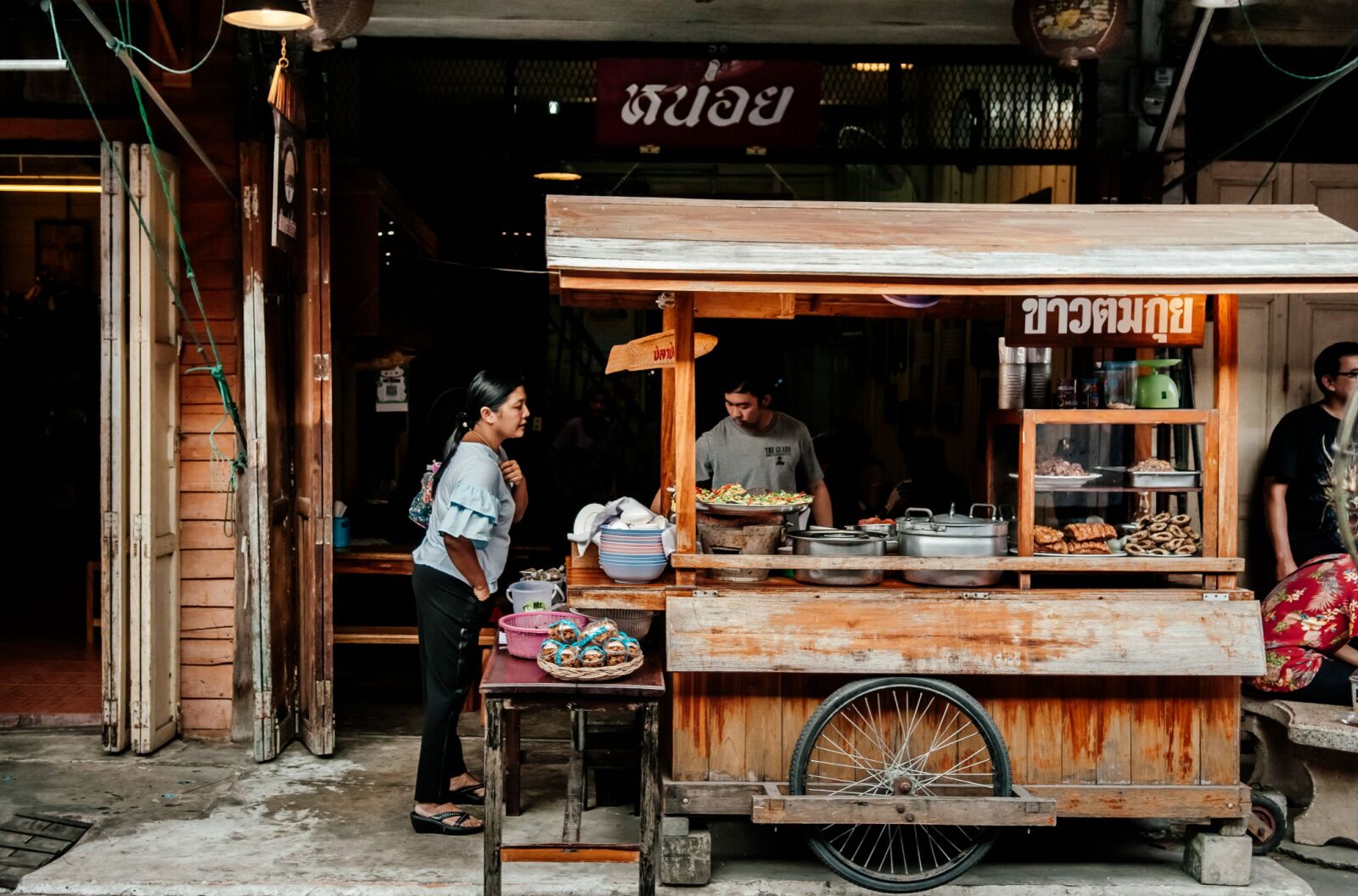Low costs of living, a fresh start, and an opportunity to explore somewhere new and exciting – sounds like a dream, right?
Currently, an estimated 9 million Americans live abroad, many of whom hope to live the proverbial dream and create a better life abroad. Backed by legitimate motivations like affordable healthcare and a slower pace of life, American expatriates (more commonly known as “expats”) have been on the rise.

